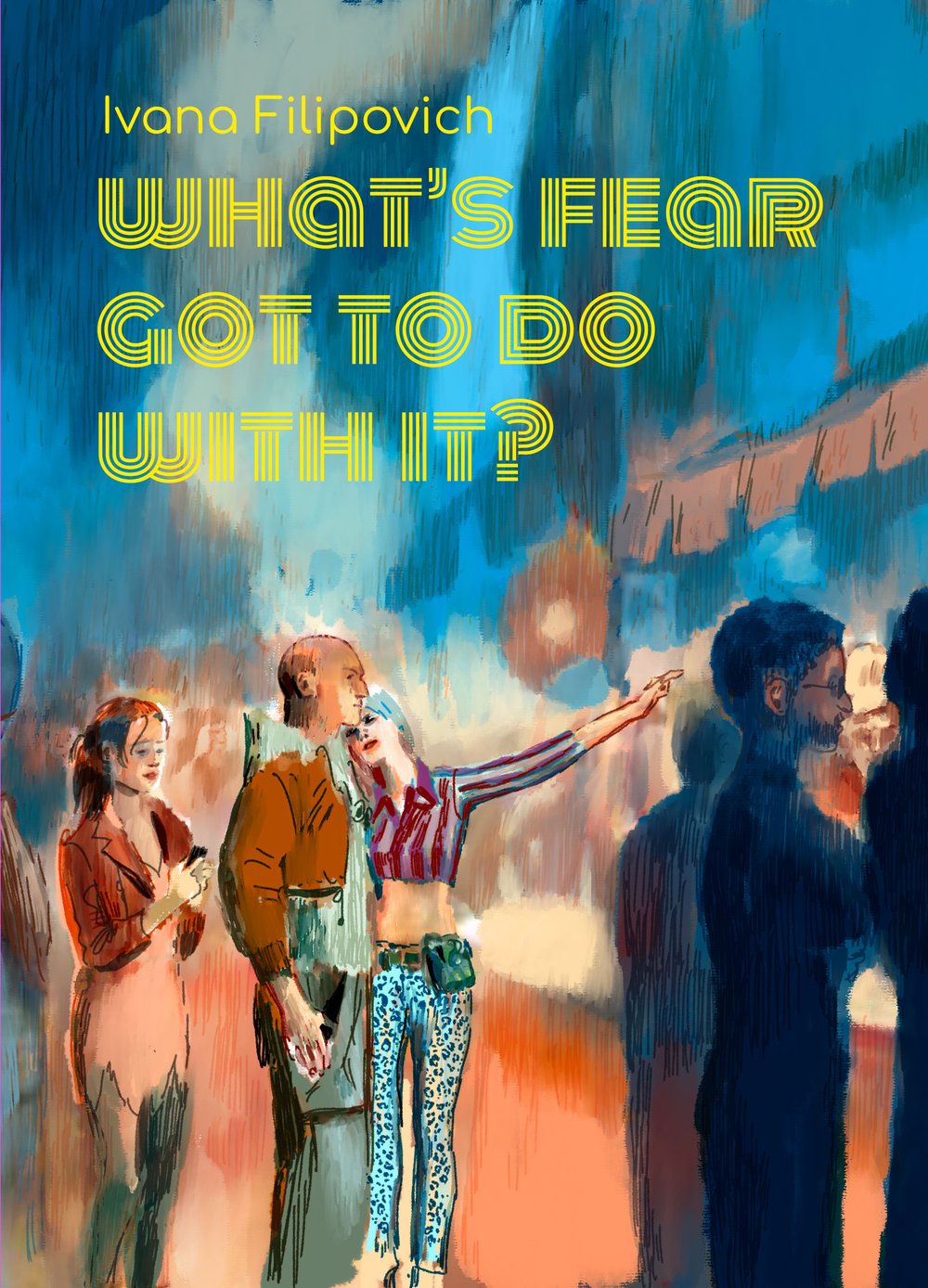What's Fear Got to Do With It?

"Ivana’s line is masterfully fluid, as are her dialogues. This book feels like a mild psychedelic trip - I loved every minute of it!" —Nina Bunjevac, Heartless
A soapy crime drama unfolds between the stalls of North America’s largest night market
Eva and Mia couldn’t be more different. Where Mia is insecure and image-obsessed, Eva is quiet and sensible. But the two women have one thing in common: their boyfriend, Max—a highly respected member of the city’s criminal underground with a fearsome reputation. Over the course of a single dangerous evening at the night market, it quickly becomes clear that no one is in this relationship for love—instead, Mia, Eva, and Max are motivated by other complex social contracts: power, money, and fear.
Inspired by the work of literary masters Anton Chekhov, Ingmar Bergman, and Tennessee Williams, and created in a style that’s reminiscent of black-and-white European artist Blutch, What’s Fear Got to Do With It peels back the layers of human relationships and reveals that everything is not as it seems. A stunning debut from a talented artist who is part of the new Balkan Renaissance in comics.

In 1999, Ivana Filipović/Ivana Filipovich/Ивана Филиповић, an architect, archaeologist, designer, cartoonist, and occasional procrastinator, became a literal escape artist, selling her beloved black lacquer piano for a one-way ticket to Vancouver.
After a 20-year hiatus, during which she worked in educational media and communications at a Canadian university, she returned to cartooning. In the last few years, her comics were published in Sweden, Slovenia, and Serbia and were exhibited at the French Institute (L’Institut français) galleries in Serbia, Croatia, and Slovenia, and at the NOVA comic arts festival in Serbia.
Deeply interested in psychology, her work aims predominantly to portray complex female characters and other underrepresented persons and groups. Mainly focused on slice-of-life stories, she occasionally ventures into other genres. Stylistically close to French and Italian cartooning, she uses both traditional and digital tools. Most recently, the Canada Council for the Arts has supported her exploration of 3D storyboarding.
